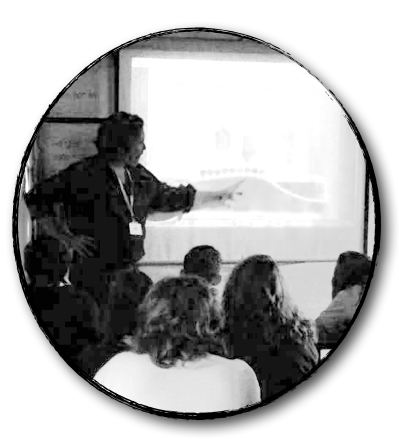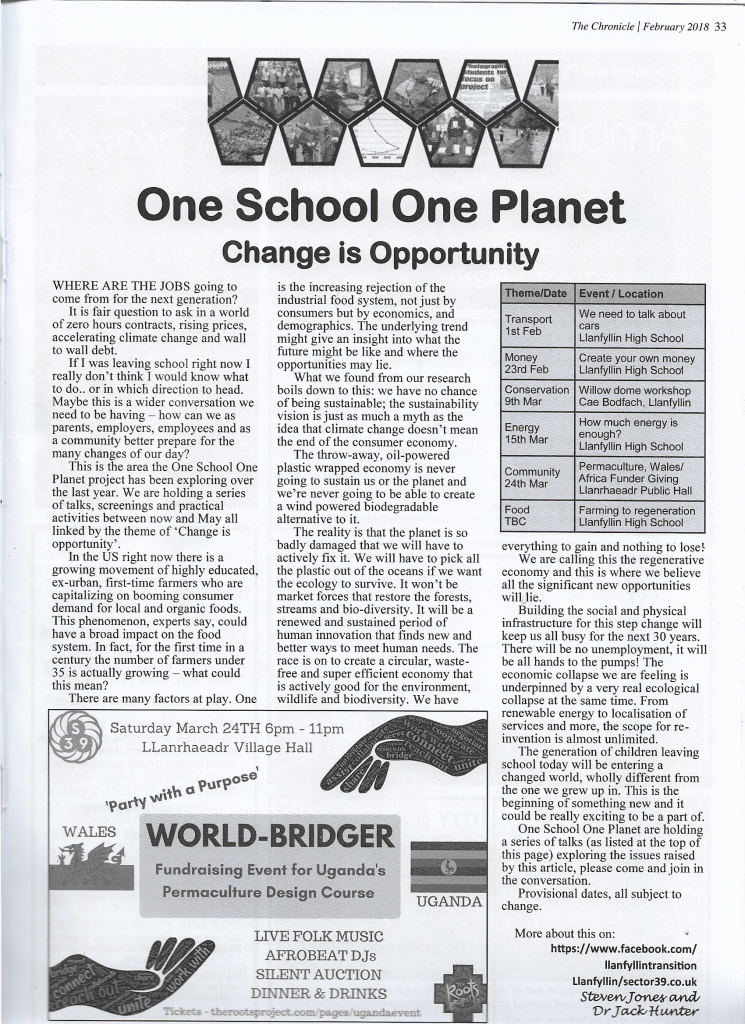OSOP featured Professor Rokstrom’s 2016 WWF climate lecture at the outset of this project. In that brilliant lecture he frames our required global responses to the climate crisis with the Paris Agreement targets, underpinned by the United Nations’ Sustainable Development Goals.
What fascinated me from the outset is that the SDG’s perfectly fit into the permaculture ethical framework of personal, social and ecological values and objectives. I would go further to say:
- The Paris agreement sets the global agenda for climate – giving us the carbon law.
- SDG’s give us the targets and indicators, it breaks the above down into objectives
- Permaculture design gives us to the tools and the concepts with which to meet the SDG’s.
As Professor Rokstrom says in his key lectures, if we can meet the SDG’s by 2030 then we can solve the climate crisis at the same time. climate, poverty and sustainability are of course intertwined with each other. In this new video below, shorter and punchier than the 2016 offering, he takes the key themes from the first lecture and sets them against a background of exponential transition. Recommended watching for anyone with a serious eye on what is going on with Climate Change and societal and economic transformation it demands.
Key concepts:
- A journey of 35 foot steps takes me from here to the doors of this theatre.
- A journey of 35 exponential footsteps takes me from here to Mars.
This is what Rokstrom means by a journey of exponential change, we are on our way to a new reality.
” My friends let me invite you on a transformational journey”
When we revisit the Paris Accord, we are reminded that we are on a journey to a carbon zero economy by 2050 and on path that aims to end extreme poverty by 2030.

What Rokstrom calls the carbon law is reflected in the graph, a halving of emissions each decade – an exponential transition to a new reality.
A summary of what these changes might be includes:
- Transitioning energy provision completely away from fossil fuels as quickly as possible. Switching our investments, economic targets and subsidies away from the damaging extraction and refining industries and towards new resource efficient processes based on use of natural and renewable resources.
- Farming faces the biggest transformation of all. Moving from being a net emitter of 5 Gt of Carbon p.a. to a net carbon banker, a sequestration of 10 Gt of carbon per year within a decade or two past the 2050 net zero target. That is a mainframe shift to organic, ago-ecological approaches, minimum tillage, conservation and habitat restoration and a re-localisation of fresh fruit and veg production and distribution.
- Against this backdrop of exponential transition transport will have to be re-invented. that means moving away from the internal combustion engine entirely and reclaiming our urban spaces for people and a mix of mass transit and cycling/ walking options.
- Evolving our economic models away from GDP growth objectives towards quality of life based measurements
We explored some of what this might mean to us in the Change in opportunity piece the appeared in TVC
TVC393 article taking a positive view of the changes we face

